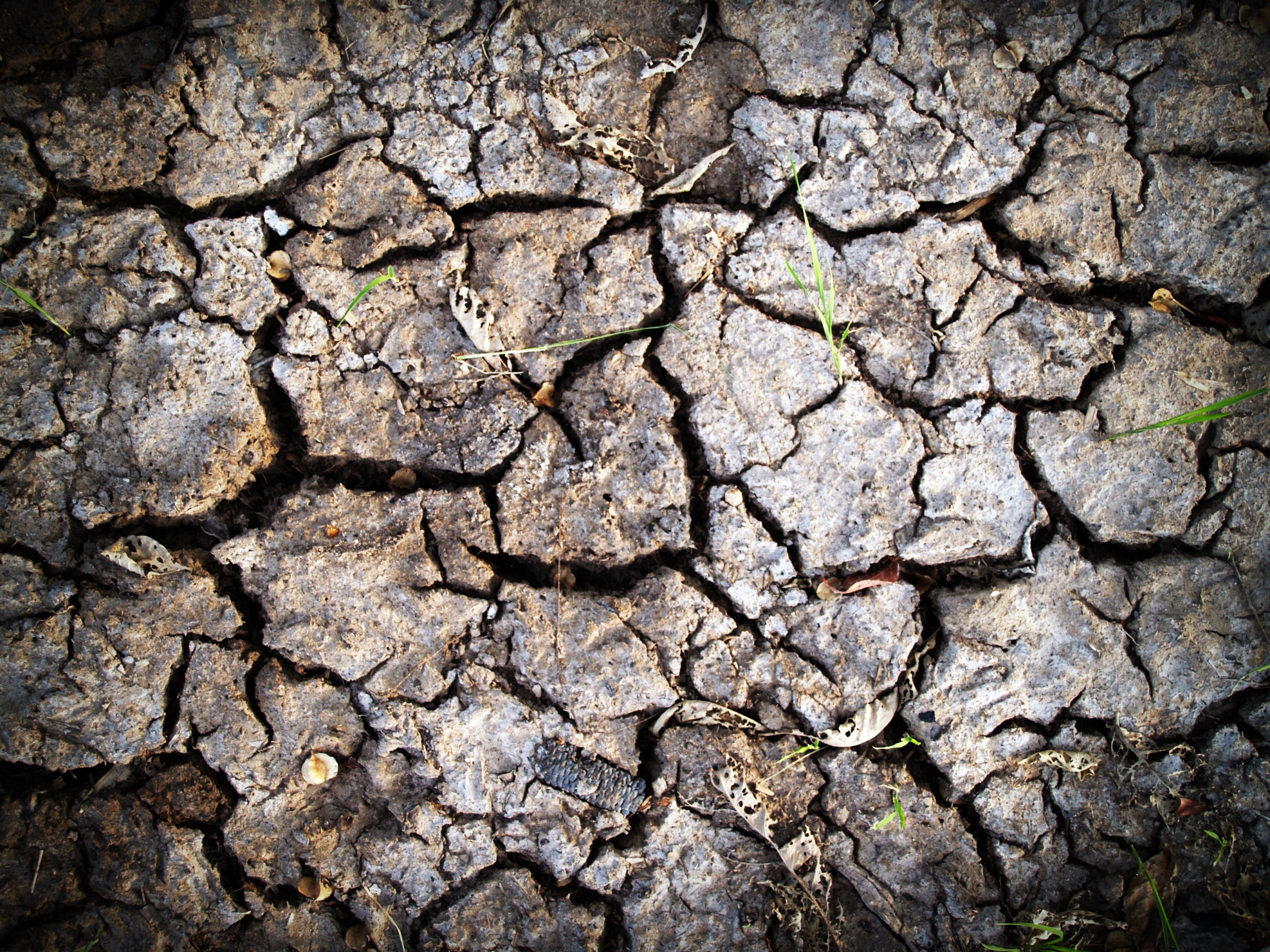Resentment against Harvey Weinstein wasn’t just because of the way he treated women, Maureen Dowd wrote in The New York Times. “Many in the film community felt he besmirched the Oscars by turning it into a marketing race rather than a contest of quality,” she wrote.
A sports columnist writing about a football controversy said President Trump “and others have suggested that kneeling during the national anthem besmirches the sacrifice of members of the military.”
And The Washington Post said a test cleaning succeeded in removing “the stubborn layer of black and gray film that has increasingly besmirched the white marble dome of the Jefferson Memorial.”
Isn’t “besmirched” fun to say?
TRENDING: The riskiest place in America to be a journalist
Shakespeare may have coined the word. The first usage recorded by The Oxford English Dictionary of “besmirched” is from Hamlet, attributed to 1604, when Laertes says to Ophelia, “Perhaps he loves you now, and now no soil nor cautel doth besmirch the virtue of his will.” (Merriam-Webster traces it to 1599.) Shakespeare used it again in Henry V around 1616, with the king himself saying, “tell the constable we are but warriors for the working-day; our gayness and our gilt are all besmirch’d with rainy marching in the painful field.”
Laertes was using “besmirch” figuratively, since no soil was literally on Hamlet’s will. King Henry was using it both literally and figuratively: the mud of battle had literally covered all the gilt of the armor, and had figuratively dampened their spirits.
To be or not to be “smirched.” That is the question. “Besmirch” arises from the verb “to smirch,” which goes back to around 1495. The OED says it is a transitive verb: “Of things: to make dirty, soil, sully, or discolour (something) by contact or touch.” It apparently arises from an Old French word meaning “torture” or “torment.” And yes, it’s related to the Yiddish “schmutz,” or “dirt,” whose first use traces only to about 1940.
“Smirch” gained a noun form in the late 17th century, meaning a stain or dirty mark, but it was a literal usage until 1862, the OED says, when it gained the figurative meaning of “A moral stain or flaw; a blot or blemish; a fault or defect.” You don’t see “smirch” by itself much, but The Washington Post, which used “besmirched” literally with the Jefferson Memorial, seems fond of the word: It said that “many a smirch has accumulated” in the White House since its renovation in the 1940s. (Washington, it must be said, is full of literal and figurative “besmirchments.”)
But “smirch” used to be the popular one, as this Google n-gram shows. In the 1920s, “besmirch” took off while “smirch” took a nosedive. Why? The answer is muddy.
It’s rare nowadays to see “besmirch” used literally, the way the biofilm is “besmirching” the Jefferson Memorial’s dome, turning it gray. Most people use it now to speak of “besmirching” the reputation of something or someone.
The “be-” prefix, the OED notes, is an intensifier: “In other words the force of be- passes over to an object, and renders an intransitive verb transitive.” But “smirch” was already transitive, so “besmirch” emphasizes the dirt being slung.
That “be-” prefix intensifies a lot of things, or sometimes just replaces them, as “besmirched” seems to do with “smirch.” A spell that is cast “bewitches” you; nagging details “bedevil” you. We rarely use the prefixless verbs “witches” and “devil.” You can add “be-” to many words, we “besay,” as a literary device or conceit or to add emphasis, but overuse may end up “besmirching” your own reputation as a wordsmith.
IN THE NEWS: Fighting the “Gawker effect” in the wake of Weinstein
Merrill Perlman managed copy desks across the newsroom at the New York Times, where she worked for twenty-five years. Follow her on Twitter at @meperl.

